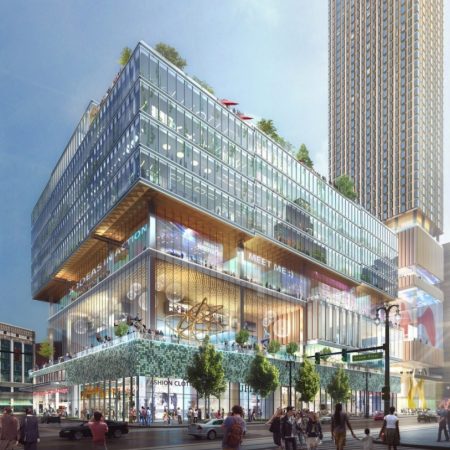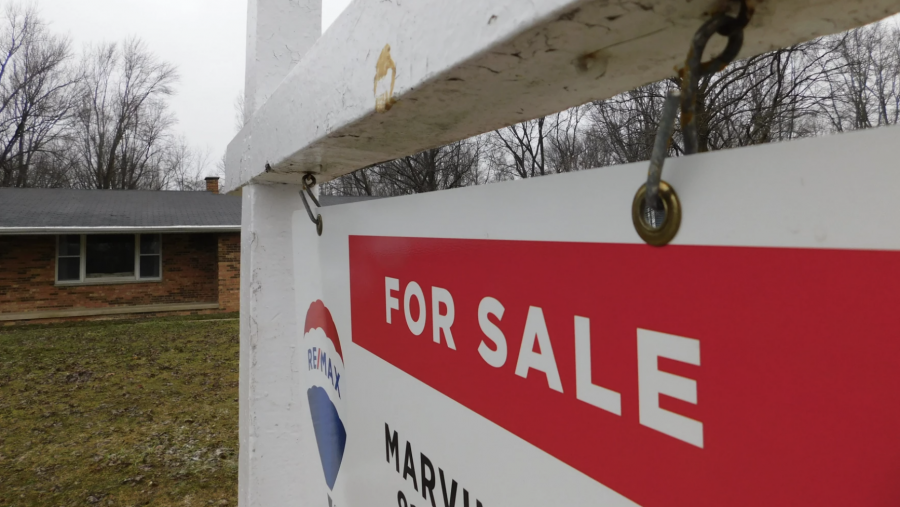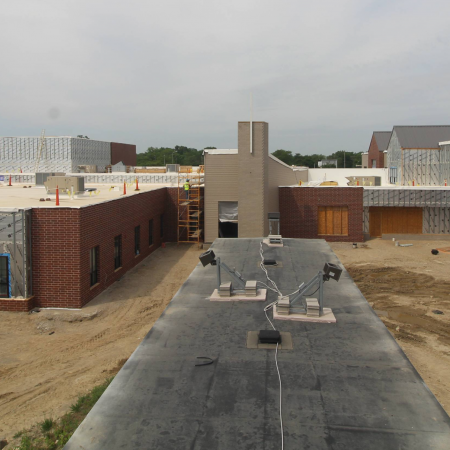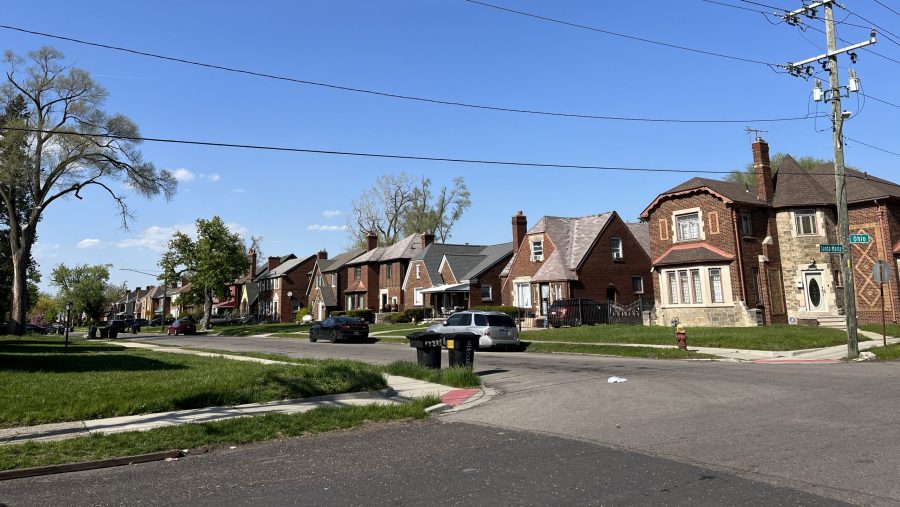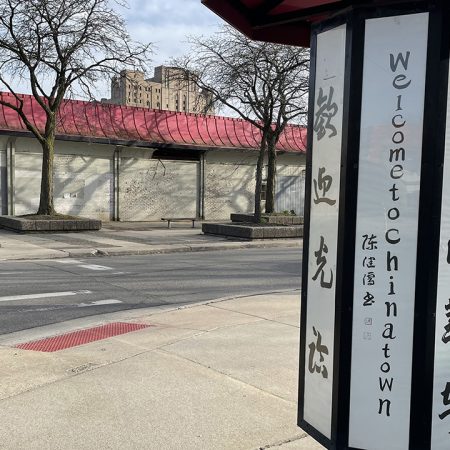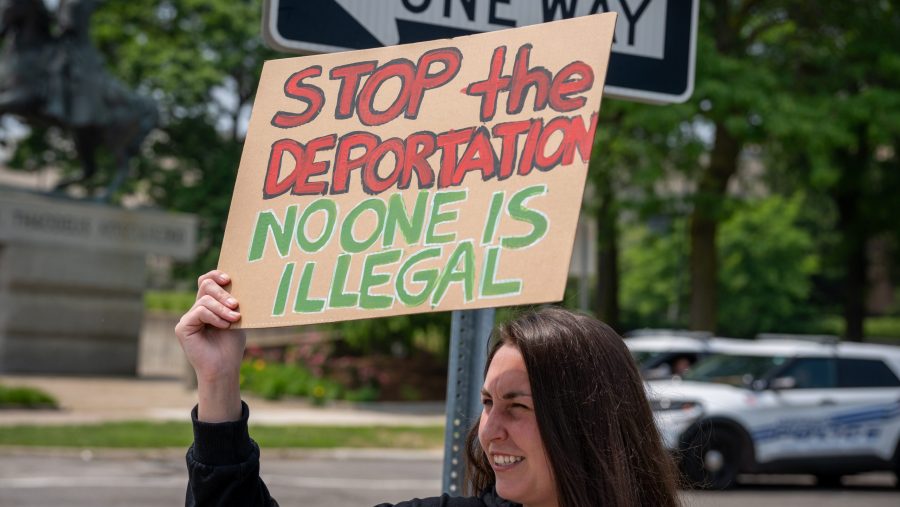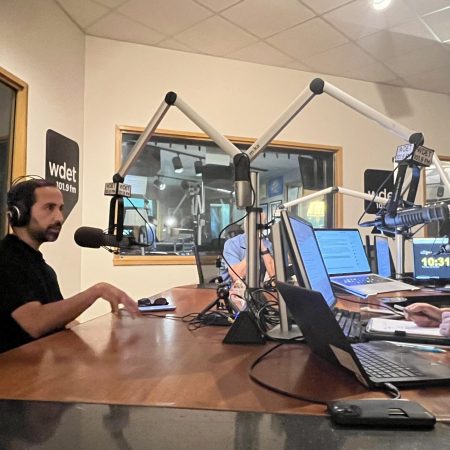The Metro: Public money flows into Hudson’s but returns are unclear
Dan Gilbert’s Hudson’s tower was sold as a symbol of comeback for Detroit — a shiny promise of jobs, growth, and a Woodward Avenue reborn.
But behind the glass, there is a more complicated story.
State officials approved over $600 million in tax breaks across several Bedrock projects, including Hudson’s. Locally, Gilbert also won a $60 million city tax abatement, with the Downtown Development Authority playing a key role in downtown financing.
But the returns are uncertain. A University of Michigan study projects the incentives could generate benefits through 2052.
Critics say many promised jobs are simply relocations from GM’s headquarters and other Gilbert buildings, rather than net new opportunities for Detroiters.
Meanwhile, the flow of public money remains murky.
To see if the subsidies are paying off, the Detroit Free Press is now suing the Michigan Department of Treasury to gain access to state records. Detroit Free Press reporter JC Reindel is helping lead the fight for information. He joined Robyn Vincent on The Metro to discuss how this story asks a deeper question about public subsidies and if they serve Detroiters or developers.
Listen to The Metro weekdays from 10 a.m. to noon ET on 101.9 FM and streaming on demand.
Subscribe to The Metro on Apple Podcasts, Spotify, NPR.org or wherever you get your podcasts.
Trusted, accurate, up-to-date.
WDET strives to make our journalism accessible to everyone. As a public media institution, we maintain our journalistic integrity through independent support from readers like you. If you value WDET as your source of news, music and conversation, please make a gift today.Donate today »
More stories from The Metro
The post The Metro: Public money flows into Hudson’s but returns are unclear appeared first on WDET 101.9 FM.
